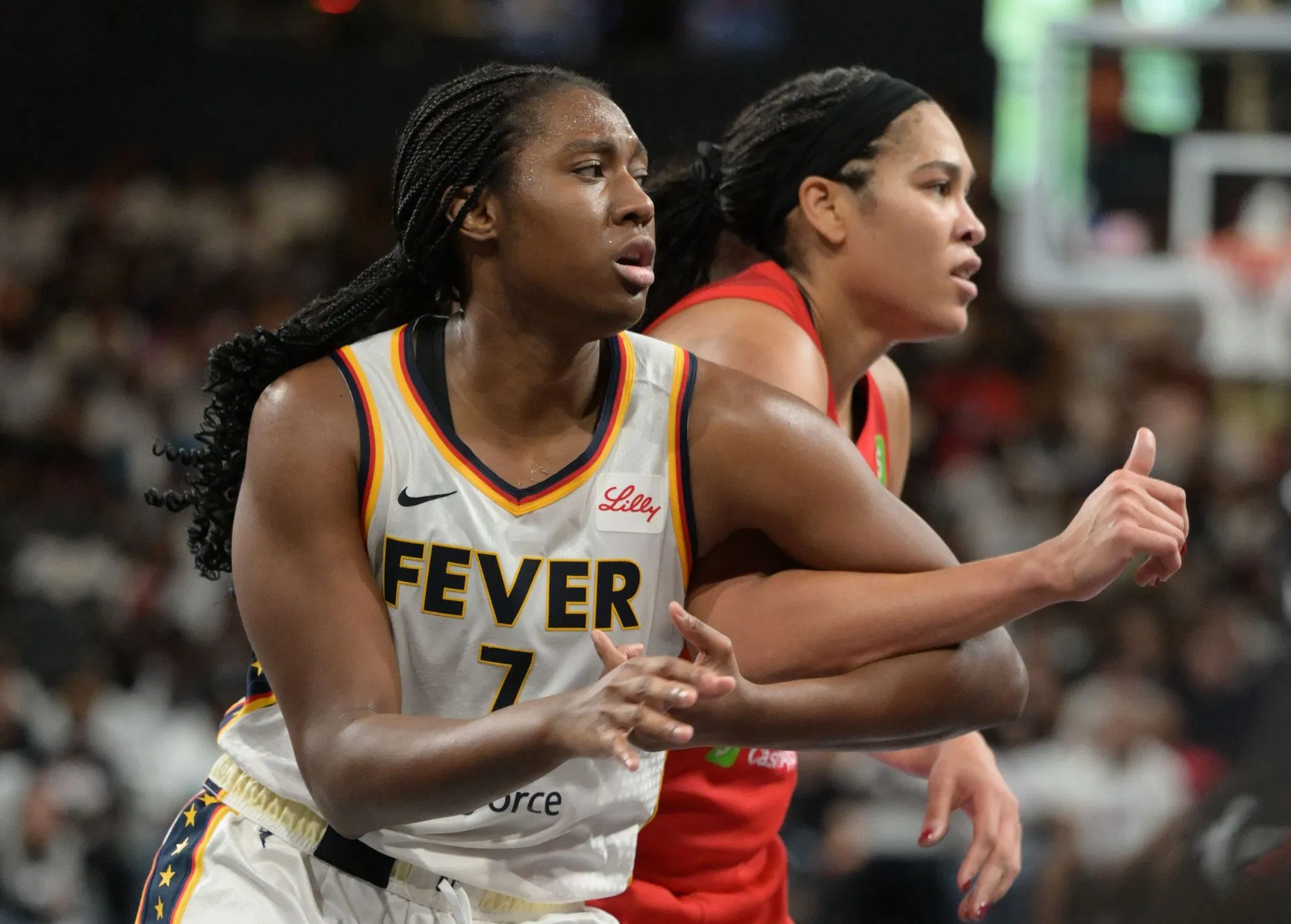
Xander Schauffele, one of professional golf’s steadiest talents, recently peeled back the layers of what really goes on inside a golfer’s head. On the Fore Play Schauffele dropped a revealing confession: his inner voice telling him “it doesn’t really matter”: a mantra born of desperation, exhaustion, and the overwhelming weight of trying to compete while losing control of his emotions. The result is a candid disclosure of where golf ends and the human behind the swing begins.
Schauffele starts the story with his youth, describing himself as “an angry kid.” As he put it: “When I compete, I was kind of like an angry kid … whenever I would get angry, I would completely lose my head.” In his telling, his father, Stefan Schauffele, also his longtime swim coach, played a big role in helping him “work mentally” to manage that fire. Over time, it became clear: he needed emotional discipline not just for peace of mind, but to avoid spiraling mid‐round.
For Schauffele, putting is the barometer of mental control. “I practice really hard to do certain things really well, and as long as I can attack those shots correctly or with a clear head, I am more likely to hit the correct shot,” he said. “If I hit a good shot, it doesn’t really matter. If I hit a bad shot, it doesn’t matter because at the end of the day, it doesn’t really matter.” Yet during stretches of 2025, his Strokes Gained: Putting dropped as low as −0.18 per round. Though he made cuts in all four majors, he produced no top-five finishes in 15 events played.
ADVERTISEMENT
Article continues below this ad
The stress showed in the numbers: his Strokes Gained: Putting ranking plunged from 12th in 2024 to 131st in 2025, according to PGA Tour stats. He also failed for the first time in his career to qualify for the TOUR Championship: evidence of what he called his “internal spiral.”
He contrasts himself with players like Scottie Scheffler or Jon Rahm: “They get kind of fussy or angry, and then they hold their next shot. … I’m not that guy. I am spiral.” Schauffele identifies his tendency to go off on tangents: one bad shot, one misread putt, and he’s lost internally for multiple shots. Schauffele explained how 2025 became an unsteady search for fixes. “All the stuff I was working on with Chris and with my putting, I never let anything settle. I kept changing stuff with my feels. I was like an addict trying to find the right fix every week, every hole.”
ADVERTISEMENT
Article continues below this ad
Schauffele knows the answer lies in mindset more than mechanics. “It was more so a conscious [choice] when I’m in tournament mode … I just have to stay pretty even keel. I’m basically—I feel not like a robot but like I’m at work.” For him, the Ryder Cup will test that discipline. If he can hold to the belief that “it doesn’t really matter” shot to shot, he may find the calm that makes great golf inevitable, and prove that owning one’s anger can be as powerful as any swing adjustment.
Having laid bare how anger once dictated his every swing, Schauffele shifted the conversation to a life change that is reshaping that mindset: becoming a father.
What fatherhood means for Xander Schauffele
Xander Schauffele welcomed his first child, son Victor, in 2024, and the timing couldn’t have been more meaningful. On the same podcast, he explained, “This kid came at an incredible time where I haven’t even worried about golf because I’m like that, really didn’t matter for a bit.” Fatherhood provided a natural pause in a season when his putting felt unsettled and his mind rarely quieted. He described it as a grounding force, one that helped him stop “chasing the right fix every week” and see each shot as “just work,” whether brilliant or wayward. Addiitonally, he did joke about the fact that him being in composure is also a good example of a role model for his won son.
The change mirrors what other elite golfers have experienced. Rory McIlroy has spoken often about how the birth of his daughter Poppy in 2020 helped him separate golf from personal identity, noting that wins feel sweeter but losses no longer define him. Jordan Spieth offers a similar perspective, crediting his growing family —son Sammy (born 2021) and daughter Sophie (born 2023) — for reshaping how he approaches competition and travel. Both stars say the shift allowed them to focus on process over outcome, a mental edge that shows up in steadier play.
For Schauffele, early signs suggest the same benefit. His recent PGA Tour season demonstrated consistent ball-striking and improved strokes-gained metrics, even as he adjusted to life with a baby. Analysts point to his ability to recover quickly from mistakes and maintain steadier emotions over four days: qualities that fit neatly with the calming influence many new parents report. The shift isn’t about lowering ambition but about broadening perspective, allowing each round to be one part of a larger life rather than the whole story.
ADVERTISEMENT
Article continues below this ad



